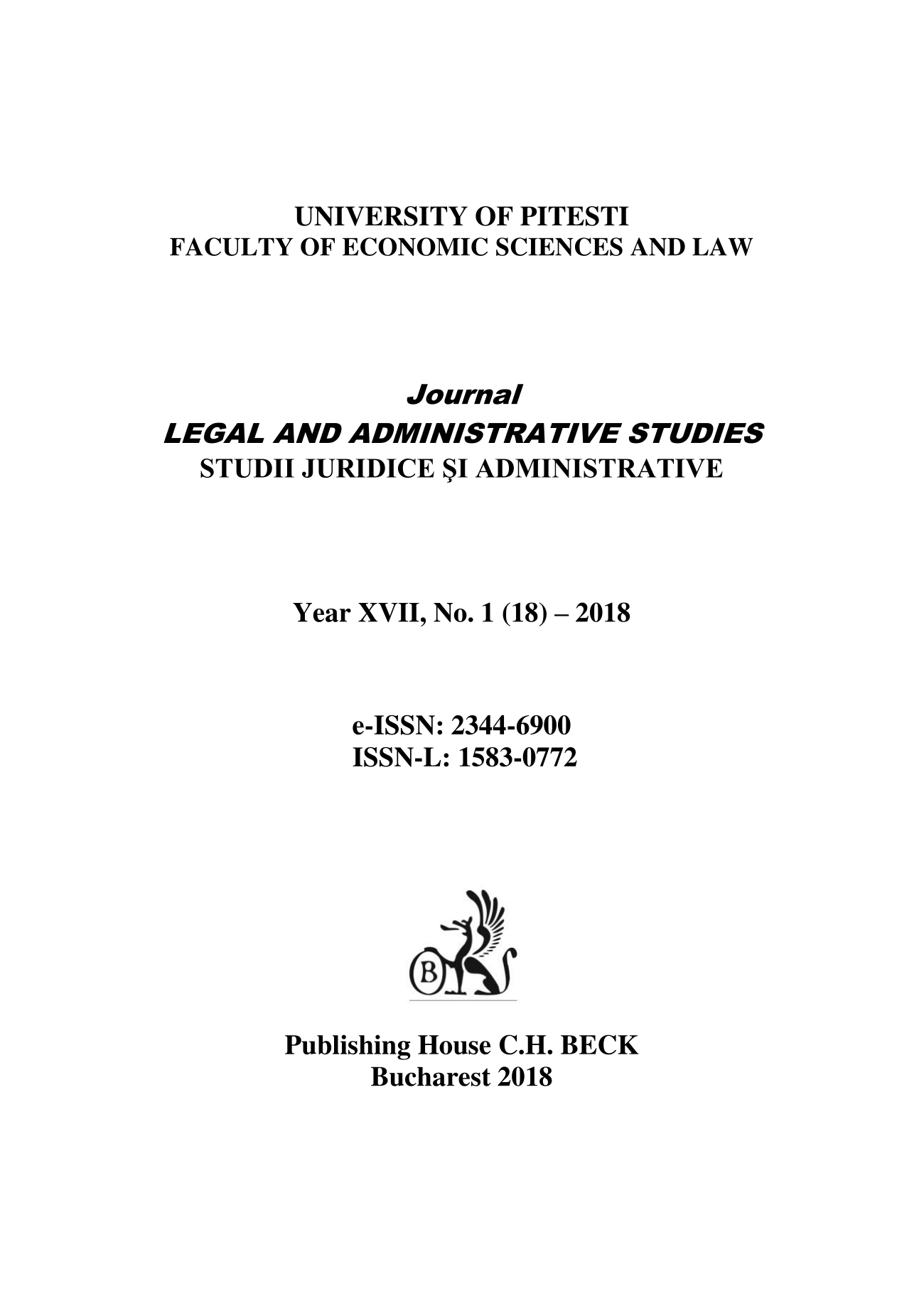(NON)DISCRIMINATION WHEN CONCLUDING THE ADOPTION BY SETTING FORTH A MAXIMUM AGE LIMIT FOR THE ADOPTER. ECHR DECISION IN THE SCHWIZGEBEL VS. SWITZERLAND CASE
(NON)DISCRIMINATION WHEN CONCLUDING THE ADOPTION BY SETTING FORTH A MAXIMUM AGE LIMIT FOR THE ADOPTER. ECHR DECISION IN THE SCHWIZGEBEL VS. SWITZERLAND CASE
Author(s): Georgeta-Bianca Spîrchez, Enache Carmen-BeatriceSubject(s): Law, Constitution, Jurisprudence, Civil Law
Published by: C.H. Beck Publishing House - Romania
Keywords: adoption; child’s best interest; proportionality principle; discrimination;
Summary/Abstract: This paper analyzes the solution offered by the ECHR regarding the impossibility to adopt a Swiss citizen based on the adopter's age. A question regarding this solution may occur: is this criterion discriminating or, by contrast, is it beneficial to protect the best interest of the child? In order to determine/develop a series of arguments to establish an answer, it is of utmost importance to discuss along the essay the importance of the adoption, as a civil institution, and also what its pupose is. Furthermore, it is necessary to highlight the manner in which the best interest of the child should be respected in regards to the adoption and to what extent the principle of proportionality is applied or, in other words, is there proportionality between the decision of the Swiss authorities and the respect of the best interest of the child? In order to identify the presence or the absence of discrimination, it is important to define this institution and to analyse what are the potentially discriminating elements in regards to the adoption and to what extent they have occured so far.
Journal: Studii Juridice şi Administrative
- Issue Year: 18/2018
- Issue No: 1
- Page Range: 53-61
- Page Count: 9
- Language: English

